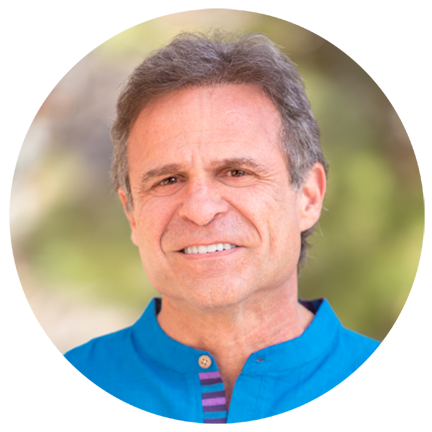Understanding Cannabis Addiction
Breaking Free From Old Routines: Alternative Treatments for Marijuana Addiction. Marijuana legalization initiatives swept the states in recent years, where recreational marijuana is legal in 10 states and medicinal marijuana is legal in 33. Yet, even though increasingly legal, it’s alarming that the National Institute on Drug Abuse (NIDA) reports that 18 percent of those seeking treatment for drug abuse reported marijuana as their primary drug.
It can be hard to acknowledge that you’re addicted to a substance that’s also used as medicine. As Kitty Gray reported in a first-person story in Vice in 2015, “Healthcare centers… say that weed can cause problems with motivation, and that those who stop using can experience loss of appetite, anxiety and other side effects. They say it’s addictive, point-blank. But I’ve always strenuously refuted these claims. It’s just a plant. It’s harmless. It’s a medicine, I say to myself. I can’t be addicted. Then why is this harmless little plant that humans have smoked for thousands of years controlling my actions?”
That’s where alternative marijuana addiction treatment programs can help.
More Than One Type of Therapy is Needed
NIDA says that on average, adults seeking treatment for marijuana use disorders have used marijuana every day for more than 10 years and have attempted to quit more than six times. People with marijuana use disorders, especially adolescents, also suffer from other psychiatric disorders.
In order for marijuana use disorder treatment to be effective, it’s essential to use a combination of therapies such as cognitive behavioral therapy (CBT), contingency management therapy (CM), and motivational enhancement therapy (MET). And, because there are underlying issues that have led to your marijuana addiction, it’s incredibly valuable to explore what got you there in the first place.
Do you struggle with codependency, trauma or depression? Do you have anxiety or a sense of loneliness? Are you struggling with a challenging family dynamic? All of these questions can lead to deeper clarity. Your healing journey can be supported with ancient healing techniques, quantum-based modern science and holistic treatment methods that address your biological, mental, emotional and spiritual recovery.
What if Marijuana Addiction Has Damaged Your Brain and Body?
A large study in New Zealand highlights marijuana’s effects on brain function – it found that persistent marijuana use disorder with frequent use starting in adolescence was associated with a loss of six to eight IQ points measured in mid-adulthood. Even more alarming was the fact that those who used marijuana heavily as teenagers and quit using as adults did not recover their tested intelligence levels. Marijuana addiction also carries a risk of memory impairment, because THC alters how the hippocampus processes information.
All types of drug addiction change the brain and weaken the body. That’s why it’s essential to treat marijuana addiction with a combination of nutrition, exercise, bodywork and connection with the energies of nature to reconnect you to replenishing life forces.
It’s vital to challenge self-sabotaging thoughts, feelings and beliefs so you can finally feel empowered in your life. All of this is possible by changing the neural pathways in your brain. Even if there’s been damage done to your body and your brain, accessing modern science healing techniques, you’ll activate your brain’s innate plasticity and its ability to transform.
And, if you’re ready to live a remarkable life, free from regular use of marijuana and the negative effects it’s having on your life and relationships now, call us at (877) 710-3385 or email us at [email protected] today.
He is the Founder, Administrator, Counselor at the Sanctuary at Sedona. He has a BA in Political Science and is currently Senior teaching staff at Four Winds Society, an international school of energy medicine. His credentials also include being an Ordained Minister; a Certified Shamanic Breathwork® Facilitator; a Founding Member Society for Shamanic Practitioners; a Member of Association for Comprehensive Energy Psychology; a Member of the National Institute for Holistic Addiction Studies. [email protected]

